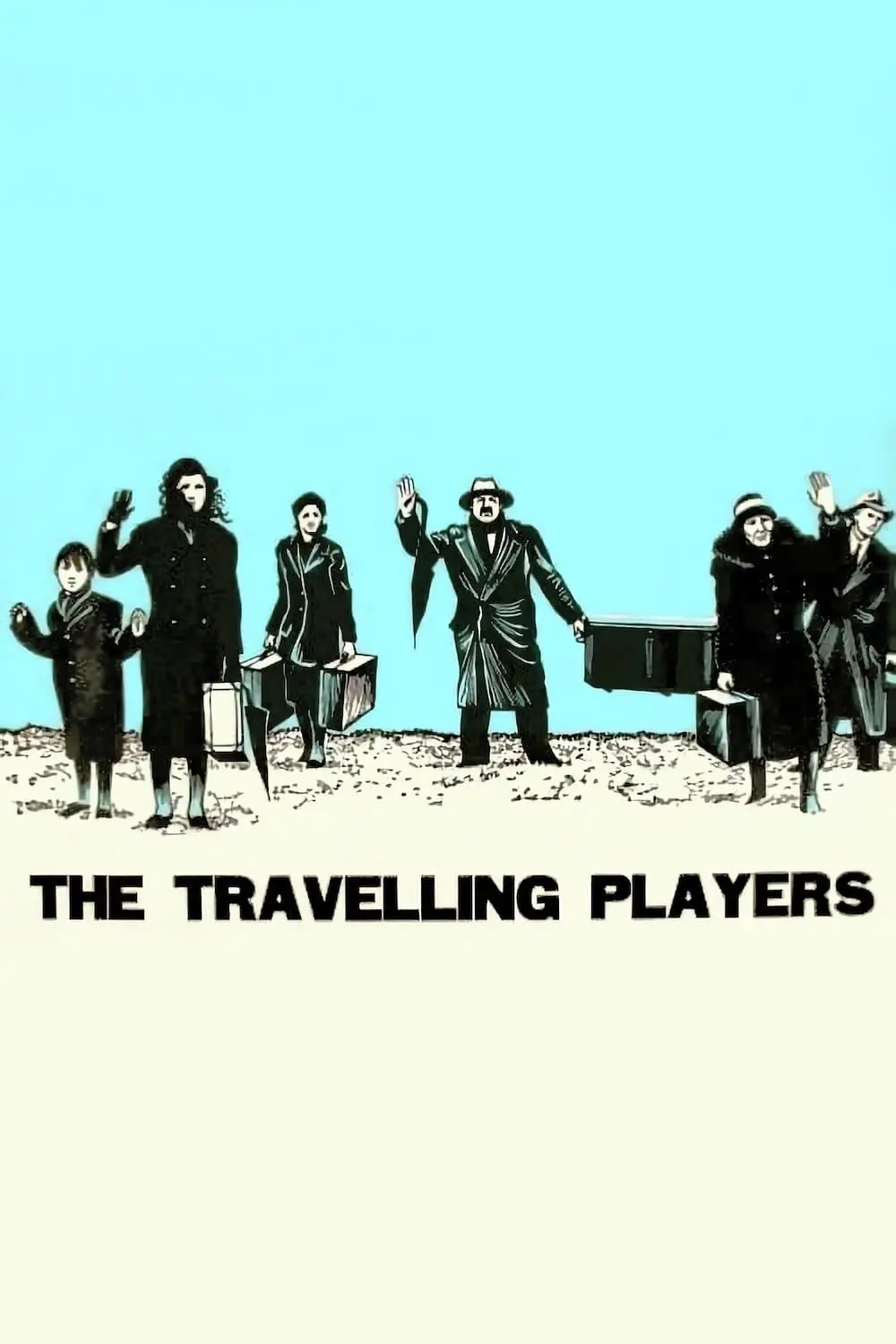In a Greece marked by political and social instability in the 1930s, a group of itinerant actors travels through rural regions, presenting a play that reflects the struggle, hopelessness, and search for identity. Led by a charismatic director who strives to maintain the cohesion of the group, each member brings their own stories, dreams, and frustrations. As they move from town to town, their lives become a blend of laughter and tears, where rehearsals intertwine with the realities of the social conflict occurring outside.
With each new performance, the characters confront the harsh reality surrounding them: poverty, repression, and the looming shadow of rising fascism. While performing before a diverse audience—some regard their art with admiration, others with disdain—the group begins to question the purpose of their performance in a world that seems to be crumbling. Madness and passion unfold on stage, accentuating the fragility of the human condition in the face of an oppressive system.
Throughout this journey, the actors not only strive to survive but also to rediscover their vocation and humanity. However, the lightness of art clashes with the harsh reality, forcing each one to confront their own convictions and aspirations in a context where the drama of life surpasses any script. In the end, the play becomes a powerful echo of their struggle and resistance.
